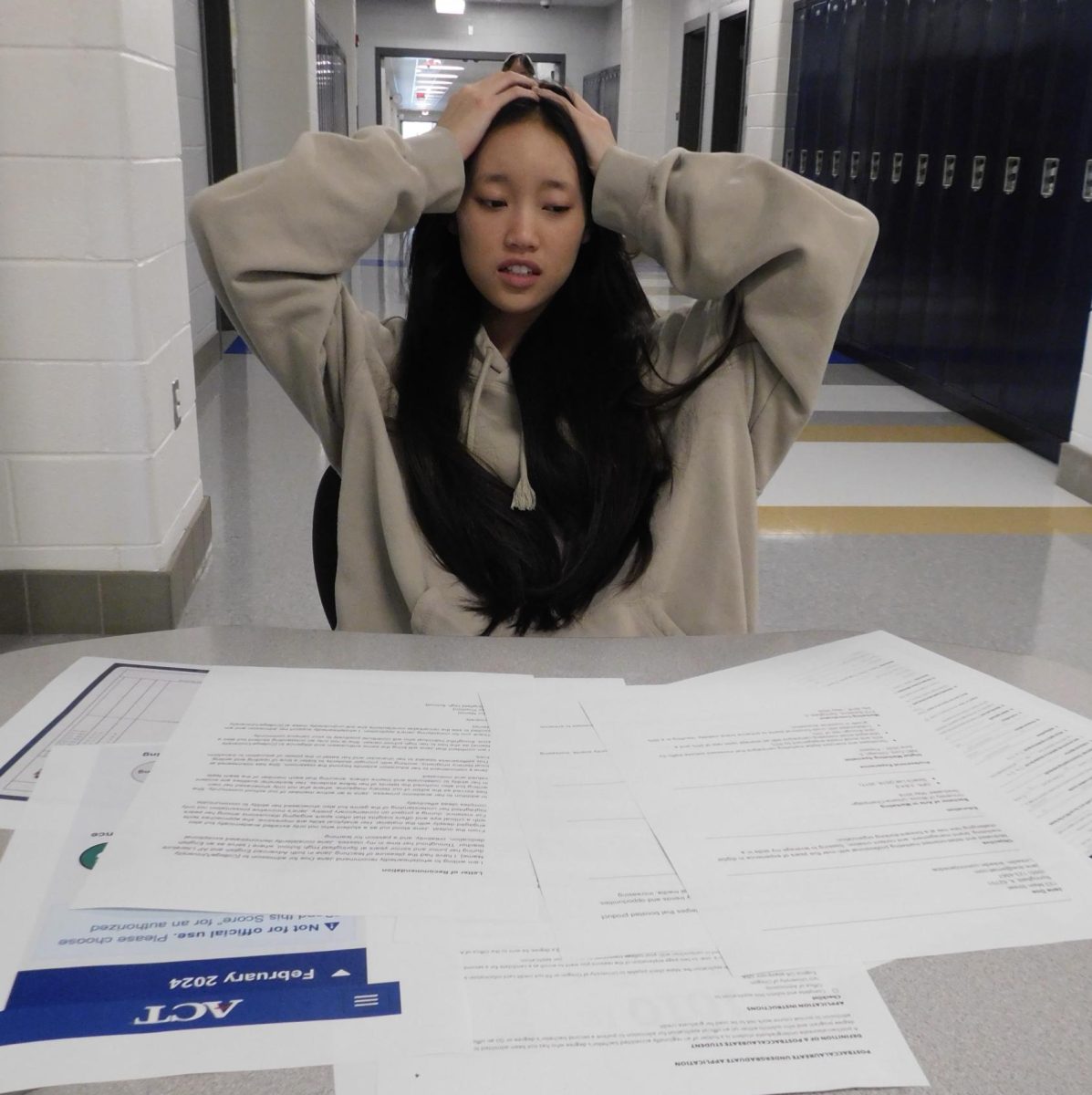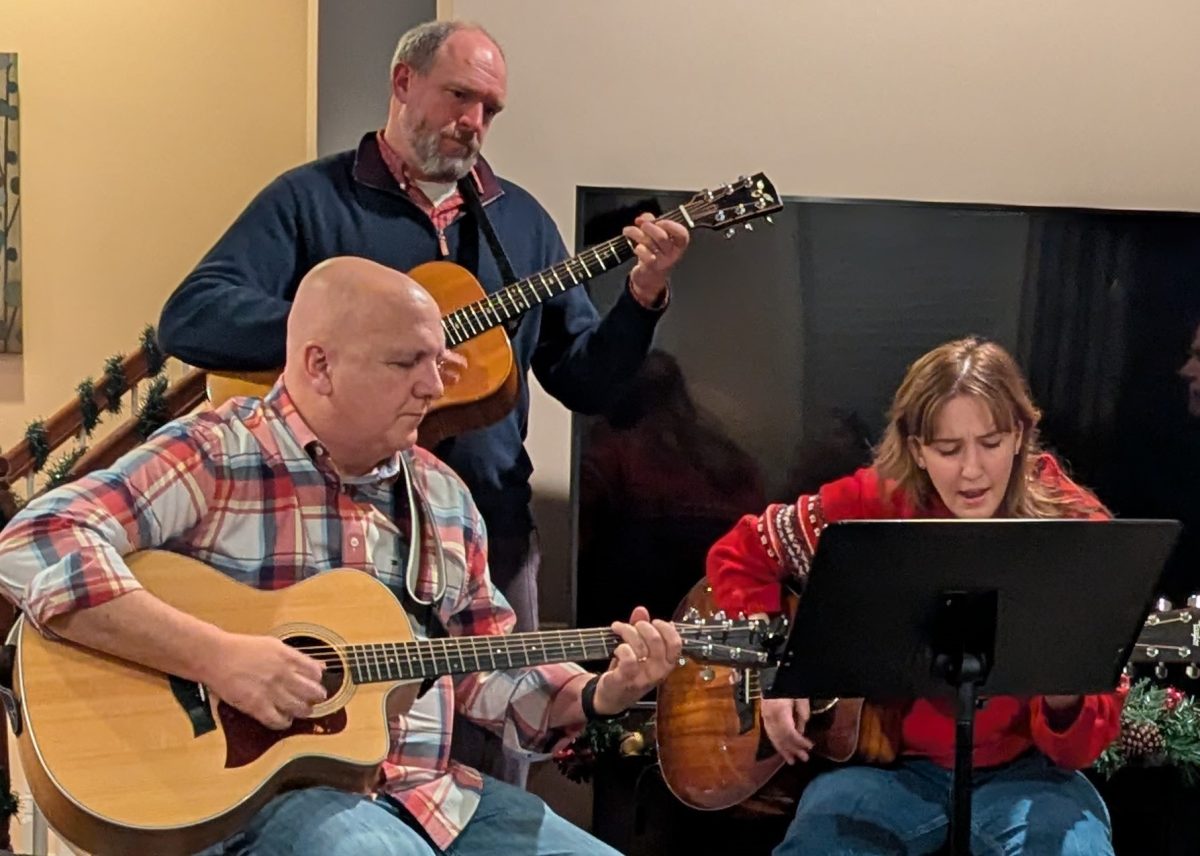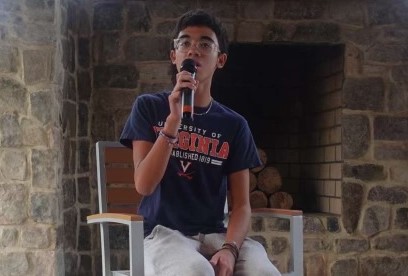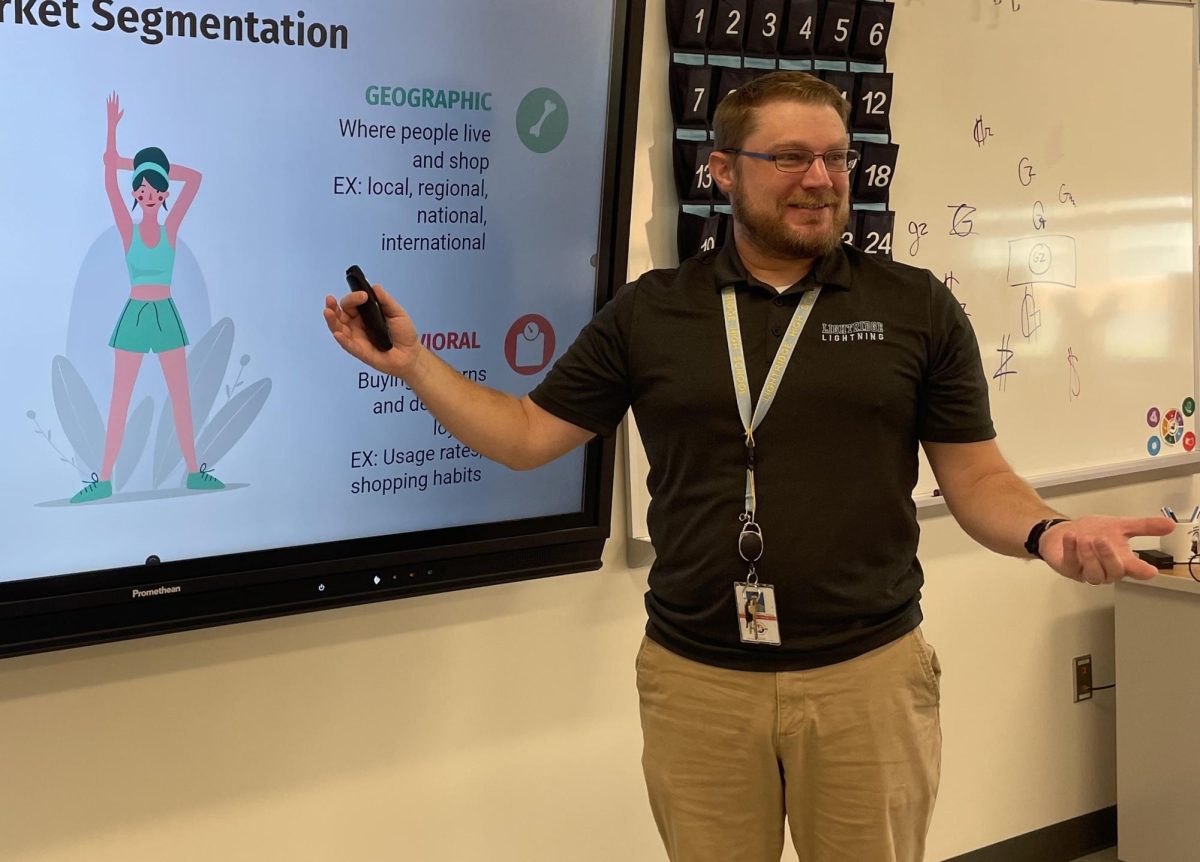“The stress load of the seniors right now, every kid that comes in here is like, I’m stressed out,” said Lightridge counselor Jennifer Calderone, when asked about the college admission process. “You’ve never done it before and you’ll never do it again.”
The class of 2024 ended up attending 92 different colleges, but it wasn’t easy. The college application process is a long and arduous process that all seniors have to endure if they want to further their education.
The Common App, the online portal that links students to the colleges where they wish to apply, opens in August. Common App is a way for students to streamline all their applications. Students used to have to apply to each college they were interested in individually, and every college had a distinct set of questions and essays. With College App, students receive the prompts around which they will write their application essay, and a majority of schools have signed on to universally accept a single essay from applicants. The essay is used by the schools to help make admission decisions.
Writing the essay is among the most stressful parts of the process.
“I kind of just hit a mental block,” said senior Sierra Khan, when asked about trying to craft her essay. “I had an idea on what I wanted to write but then I would step back and then try to think of other things.”
While this whole process occurs, Lightridge has many counselors who help seniors with their process, like Jennifer Calderone.
“So our first step is to have what we call our senior interview,” Calderone said. “So I really like to make sure the month of September, I know what everybody’s doing. We developed a Schoology page for our seniors so that they have a one-stop shop resource.”
Then students have to choose what college they want to go to. Usually, Lightridge counselors suggest students apply to between five and seven schools. Some seniors want to stay in Virginia, as evident by last year’s 62% of seniors staying in state for college. Reasons for the decision vary.
“It is a lot cheaper to go in state,” said senior Neyla Ngo, who is applying to the University of Virginia. “I have a lot of family here, so I think it would be nice to be able to come up and visit during the holidays and eat good food with my family.”
38% of seniors last year decided to go out of state, like the class of ‘25’s Cooper Ruel who is applying to Florida Atlantic University.
“I have a lot of family in South Florida,” Ruel said. “My house is ten minutes from the campus, so it would really be a dream.”
There are deadlines for the seniors to follow when applying.
The first deadline is an early decision where students would pick one school and if they get accepted, they have to stick to that school since it is binding. The usual deadline is October 15.
The next deadline is early action when you can show a school that you are interested in them, but it is more competitive and a smaller pool since it is largely made up of students who are confident they will be accepted. This is non-binding and dates vary by school.
The last deadline is the regular deadline, when all college applications are due. Dates are usually in January.
“Obviously, we’re focused on all of our kids,” Calderone said, “but because of that early action, October or November deadline, you really need to get with your seniors as soon as possible.”
The work doesn’t stop after acceptance. Students then have to figure out how to pay for it. Lightridge students received over $5,000,000 in scholarships last year and very often procuring those scholarships is a process in and of itself.
Even with the high costs, acceptance rates at college have been going down, which has made getting in more competitive. After all the hard work that these seniors put into their college applications, there is a chance they get rejected or waitlisted.
“I had a teacher that always said, ‘You’ll get in where you’re meant to be and where you’re meant to go,” Ngo said.
The counselors also have to make sure that these seniors are still feeling well.
Even though Lighridge students enrolled at 92 different colleges last year, they still have to reassure seniors this year if they get waitlisted or rejected.
“Your degree when you end doesn’t say where you started, it says where you finished,” Calderone said.









